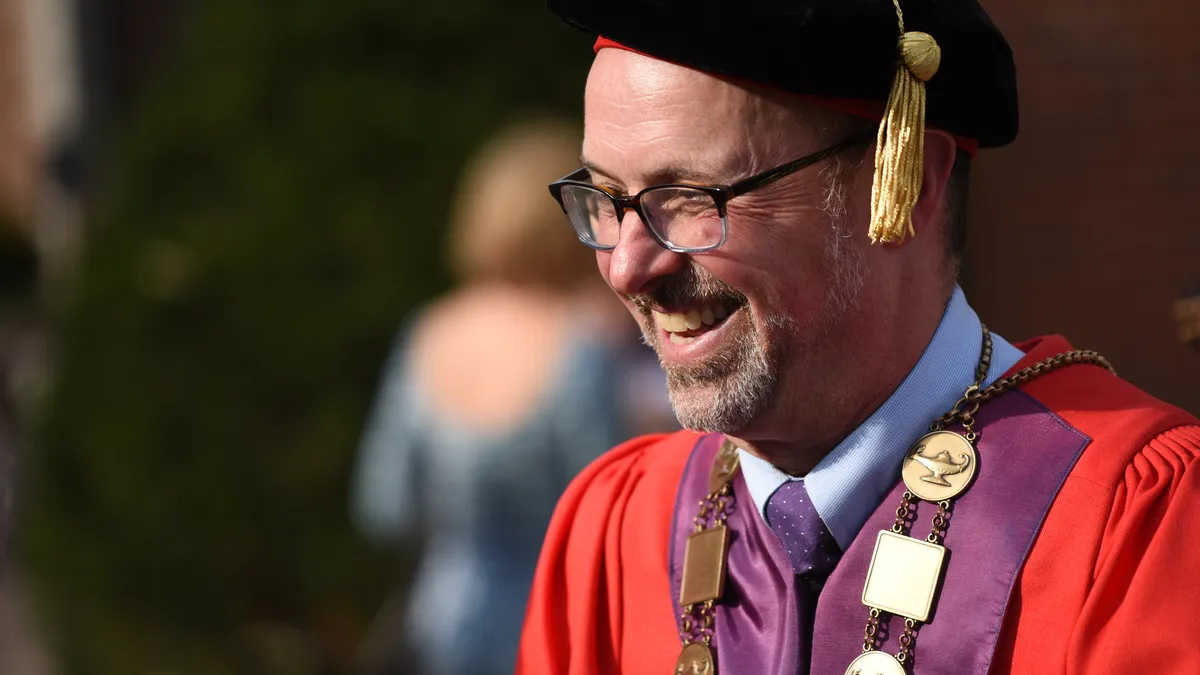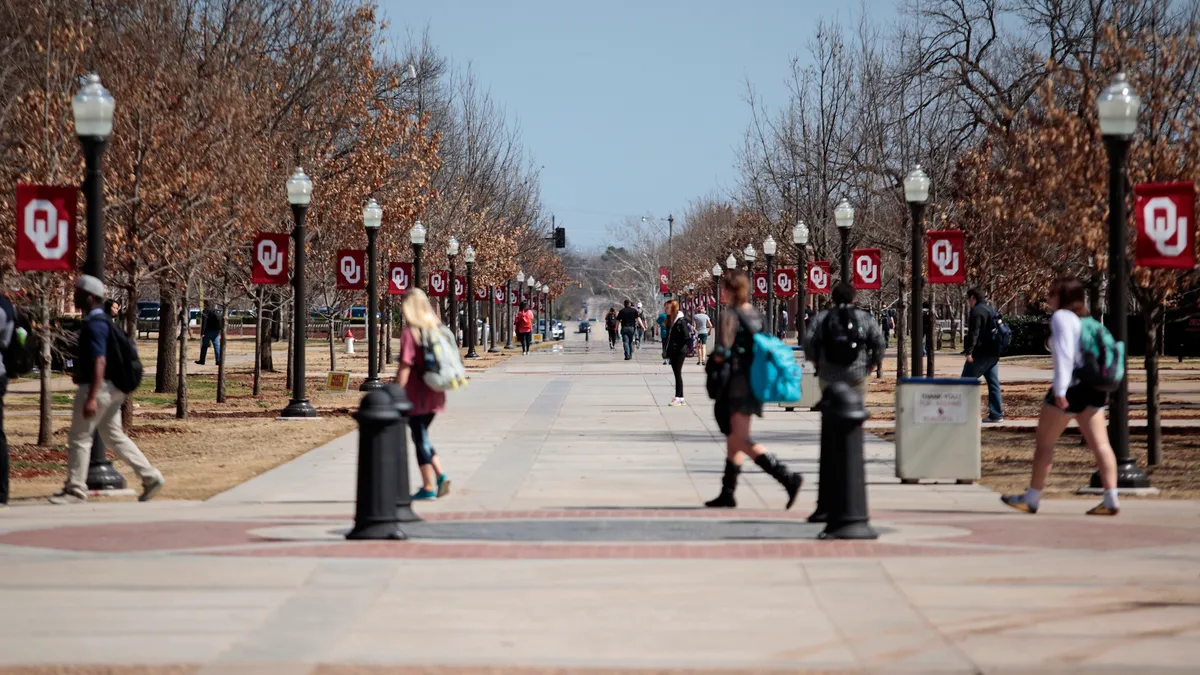Chatham University President David Finegold recently speaking at the United Nations Climate Change Conference in Bonn, Germany, says colleges should take a leading role in discussions about sustainability and man-made environmental change.
“It is our mission to develop the next generation of informed citizens and champions of change,” Finegold said. “Participating in global discussions and creating long-term partnerships is one way to do that.”
He feels it’s important for university leaders to step up at time when President Donald Trump’s administration is backing down from the Paris Climate Agreement.
“How can we work cooperatively with governments, corporations, and foundations to have a global impact?” Finegold said. “We’ve made great progress, and it is a great honor to be invited to share our story while helping to set the bar for our commitments even higher.”
While it’s important for faculty to share research about impacts of climate change, college presidents and top administrators can take it to the next level by creating partnerships with other universities, city and state governments and local businesses to create joint sustainability projects and goals, he said.
Chatham, for example, has transformed its buildings and transportation methods to be energy efficient and minimize food waste — which aligns closely with the city of Pittsburgh’s sustainability goals.
Chatham takes pride in being one of the first to sign the University Presidents’ Climate Change Commitment to reach net zero standards by 2025. As the alma mater of pioneering environmentalist and “Silent Spring” author Rachel Carson, the small, private school is in a unique position to beacon in the climate change discussion, he explains.
Beyond science research by faculty, colleges can take an active role by implementing sustainability efforts on campus, joining community efforts to slow climate change and training students in environmental fields, Finegold said.
At the U.N. conference, he talked about the university’s Falk School of Sustainability and Environment, founded in 2010 on a donated 388-acre campus in the city’s outskirts.
One of the earliest schools of its kind in the U.S., the Falk School is dedicated to teaching future professional sustainability leaders. Students study energy, water, food and agriculture systems to understand their role in helping preserve resources. They learn about geo-thermal heating and ways to handle waste water, for example, as well as experiment by growing and harvesting organic crops on the campus farms. They also work firsthand with local business and government leaders with an eye towards community planning and sustainability.
“In very practical terms, training students in these fields will have a long-term impact on climate change,” Finegold said.
He said it’s important for schools of various size and student population to share ideas and participate in discussions
Large public universities can support sustainability efforts through large-scale faculty research and writing, Finegold suggested, while technical colleges, in part, can train trade workers in sustainable energy, heating and cooling and building methods.
“We all have a role to play,” Finegold said. “Because of Chatham’s connection to Carson and our commitment to sustainability, I think we’re in a unique position to be at the forefront, and will continue to be actively engaged. There’s a deep divide in our country right now about the facts about climate change. But we need to take action now. We’re in this together.”










